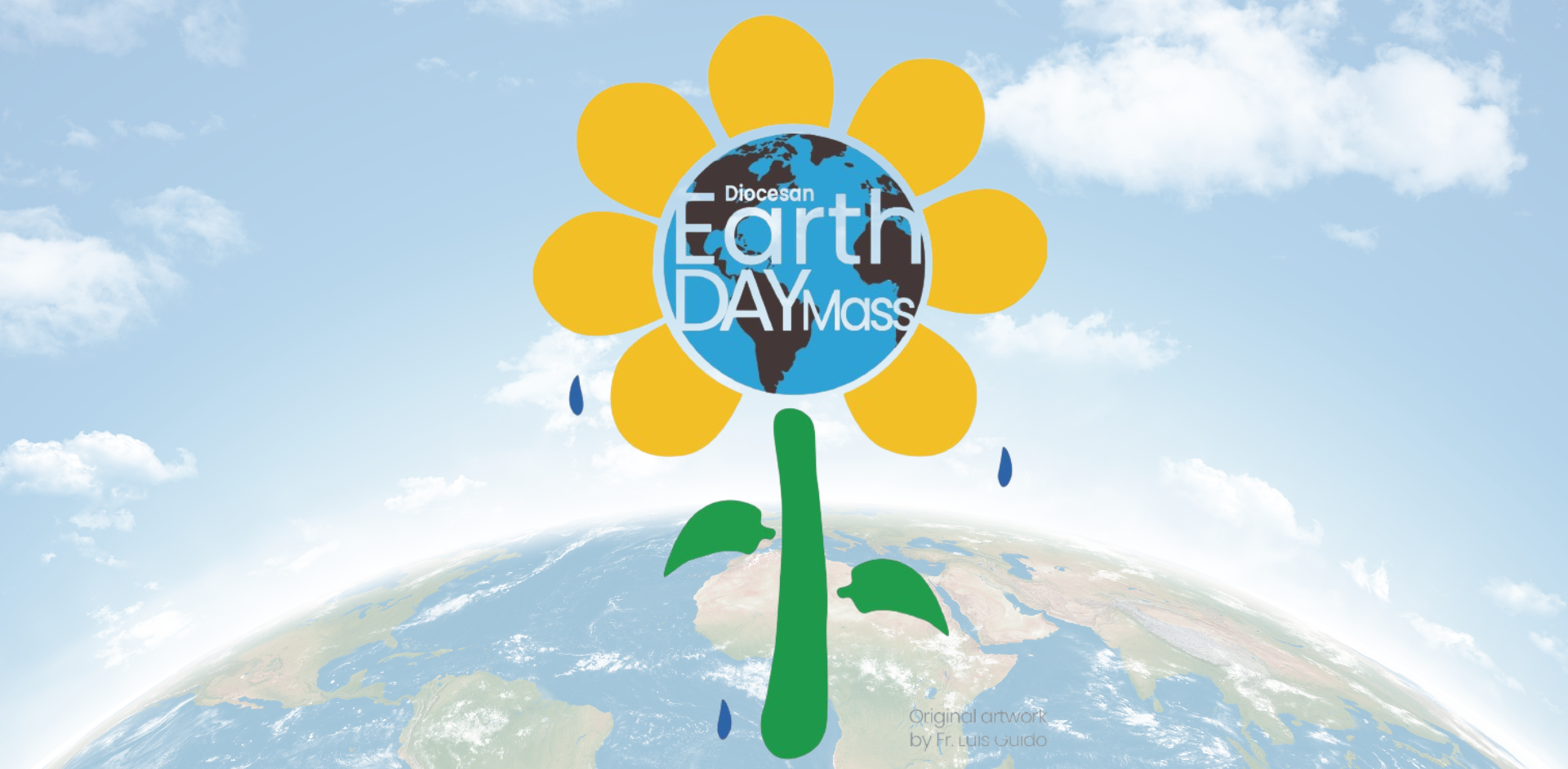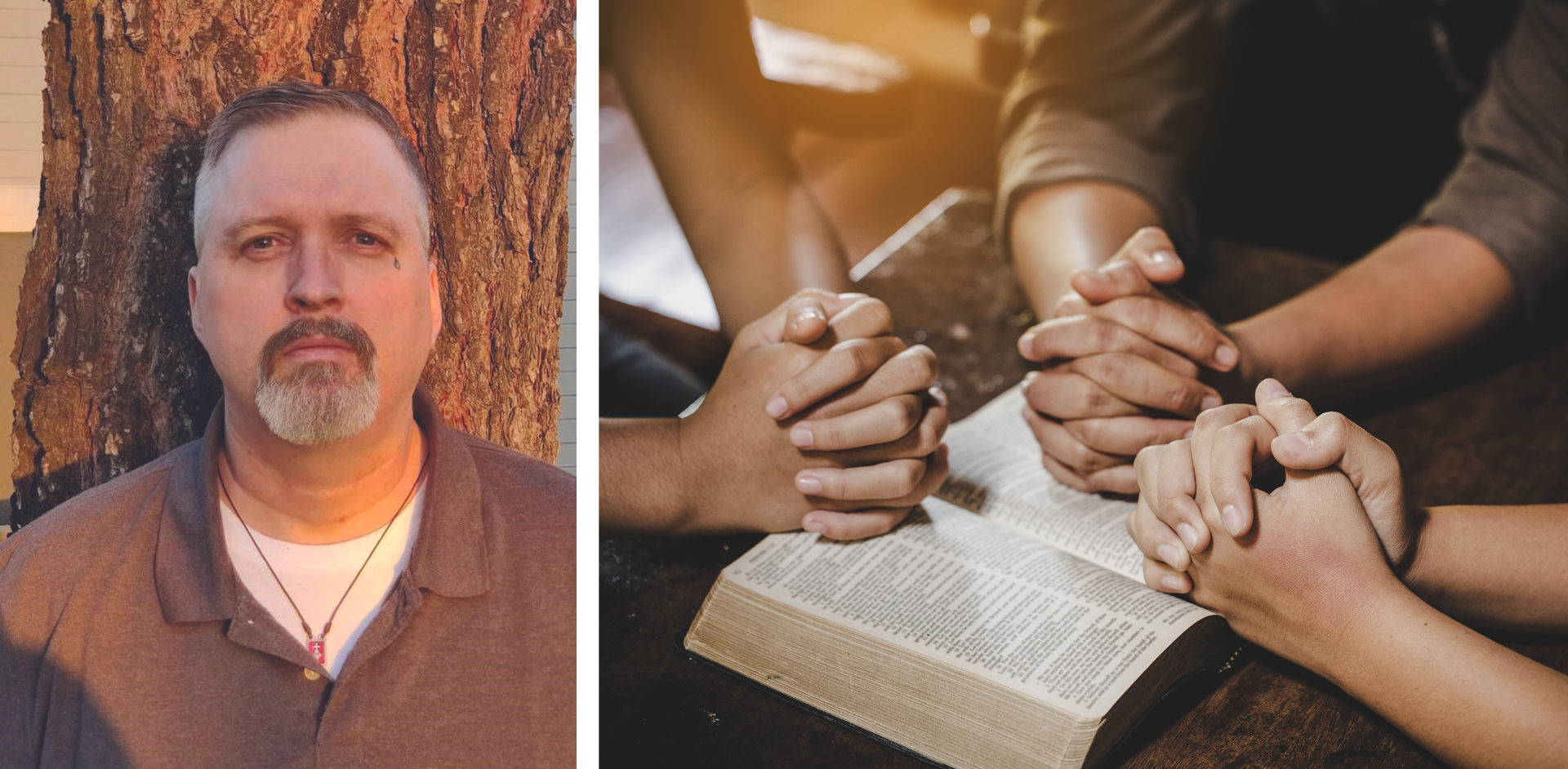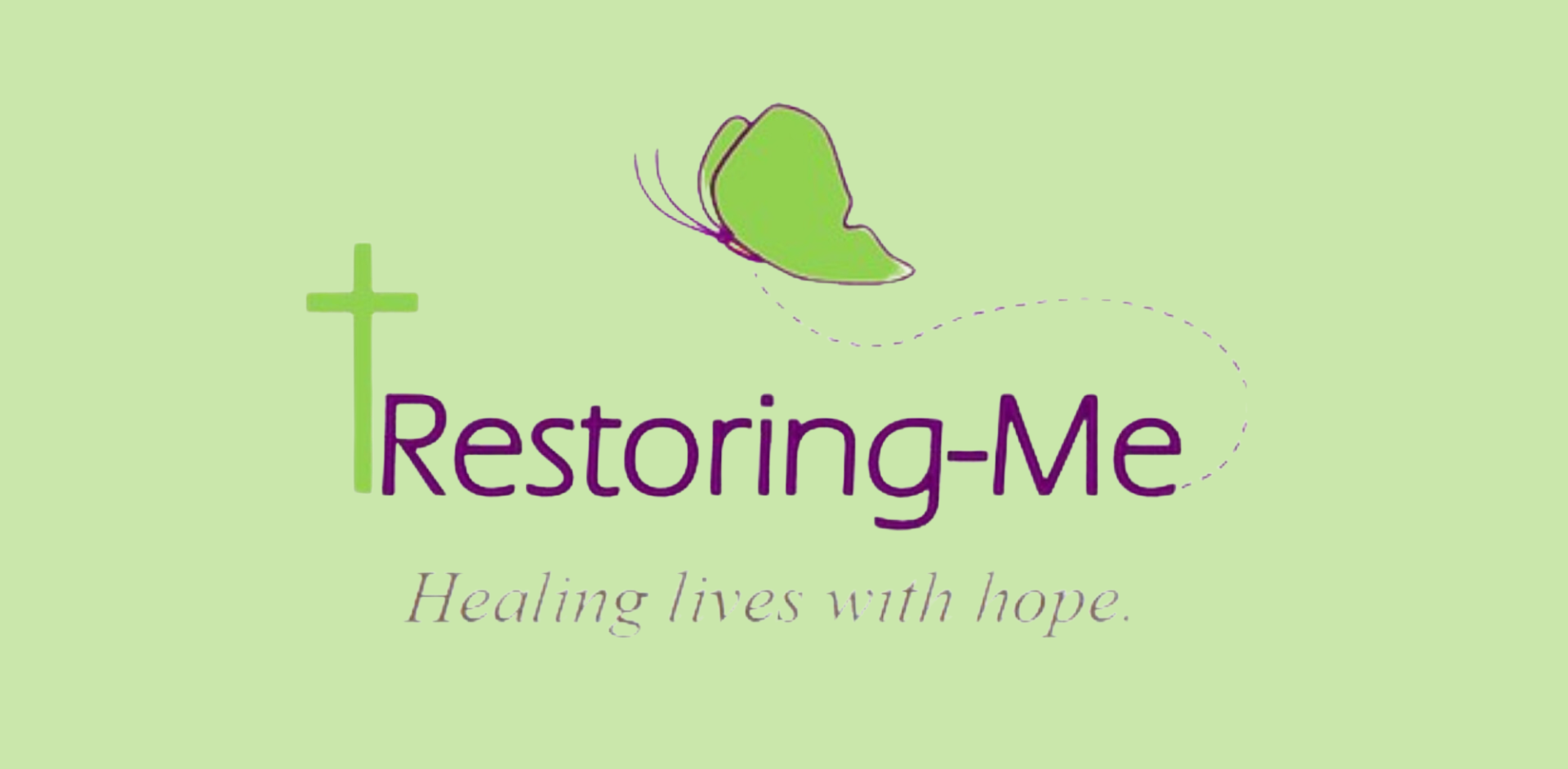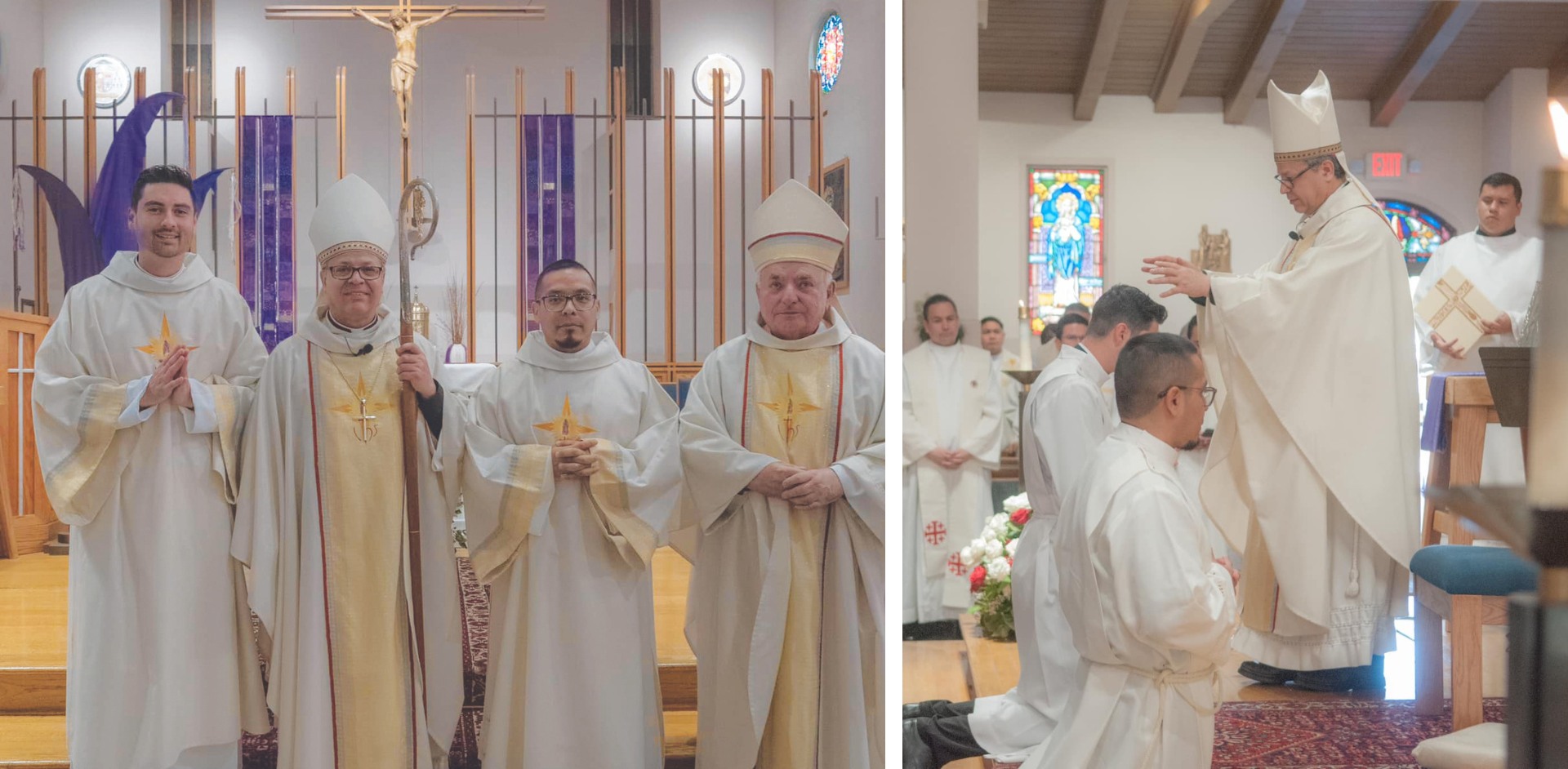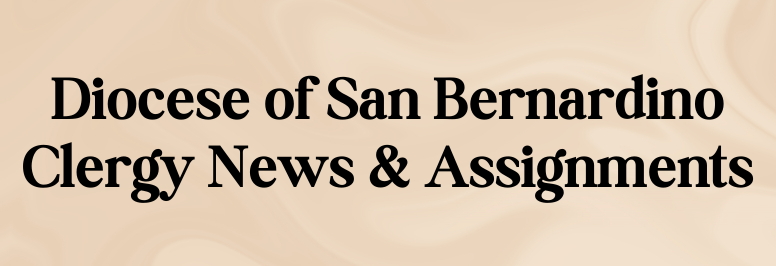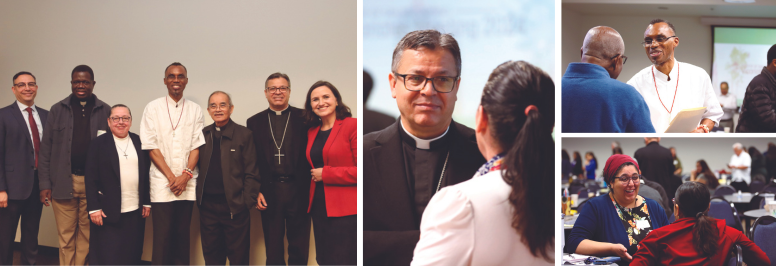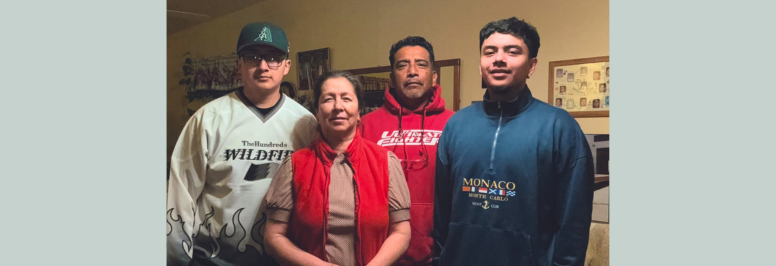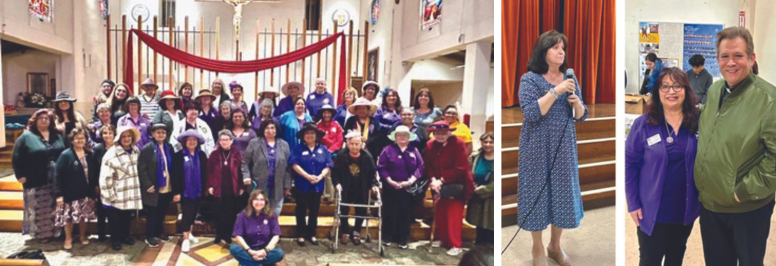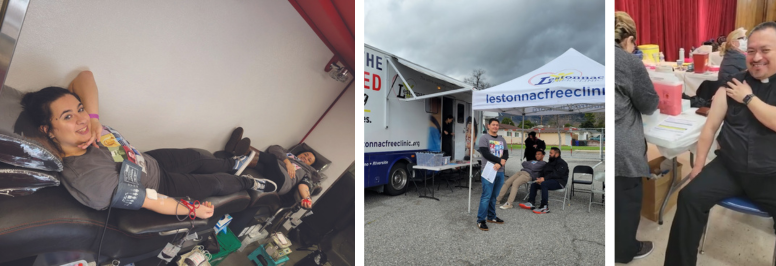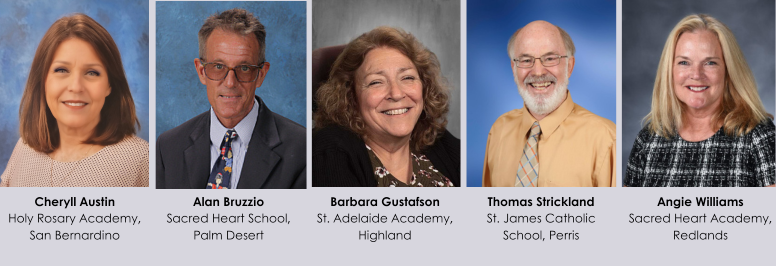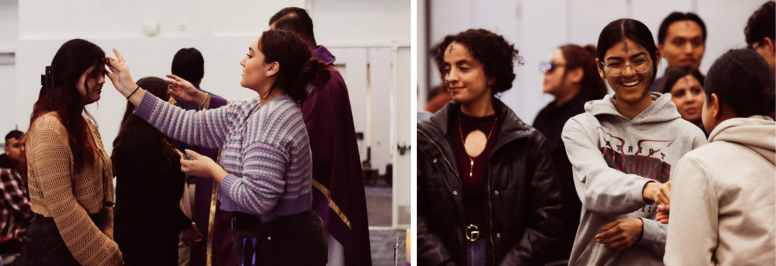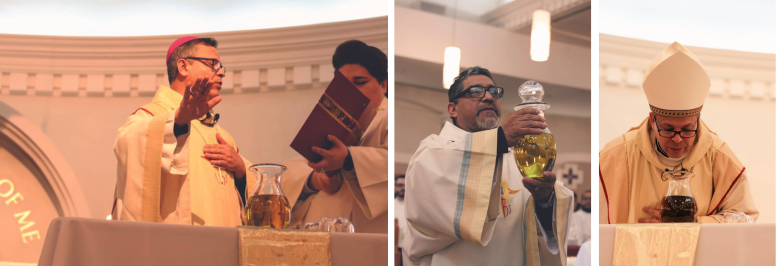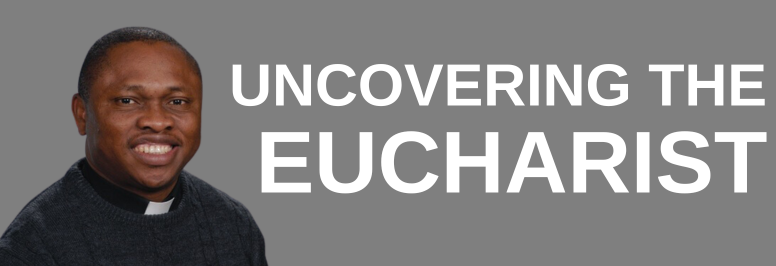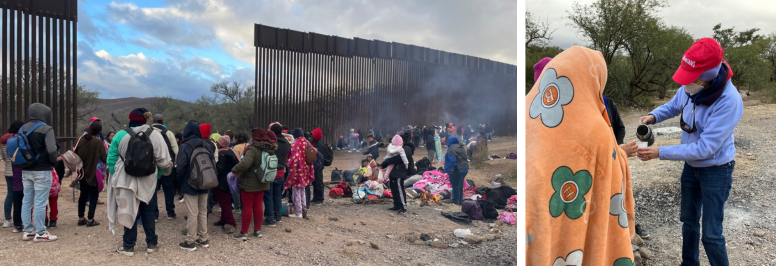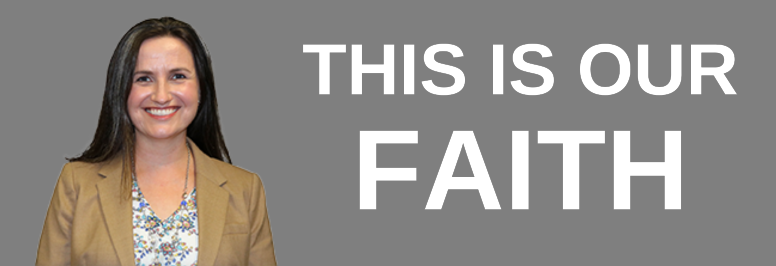I remember wishing that I could disagree with his assertion. But I had to admit that it was a fair challenge. As we approach another national election next month my mind returns to that conversation. I have said this before in these pages but I want to emphasize again that it is so very important that we, as Catholics and as Americans, exercise our right to vote.
We know that matters of public policy often have moral implications that are of great concern to our Church. That is why the Bishops of the United States repeatedly sound the call to “Faithful Citizenship.” The best way for us to ensure that Catholic values are reflected in the laws of the land, and those who make and enforce those laws, is for us to vote.
Or as the Catechism of the Catholic Church reads, “One must pay tribute to those nations whose systems permit the largest possible number of citizens to take part in public life in a climate of genuine freedom.” (No. 1915)
Yet the same dwindling voter participation among the general population is also seen in our Catholic communities. Some may have grown apathetic to the idea that that their vote can make a difference on the bitterly partisan political landscape that we have today. Others may be unfamiliar with the process, eligible to vote but not yet registered. Still others bristle when anyone from their Church promotes anything that even whiffs of civic or political participation, invoking the idea that matters of church and state must be completely separated from one another.
Surely we do not expect that Catholic dogma be imposed in our laws and on our elected leaders. At the same time, we are called, as our Diocesan Vision states, to “impact family, neighborhood and society with the Gospel.” Like it or not, participation in government and politics is an important way that we can do that. And voting is an ultimate expression of that participation.
You can make a convincing argument that it is more important now than ever before for us to voice (and vote) our Catholic values in the public square. We have seen religious liberties that we historically took for granted threatened by government actions and court rulings. Issues of health care, immigration and marriage, to name just a few, are being debated and legislated by our elected and appointed leaders. They must know where we stand!
And where we stand, of course, is the Gospel: recognizing the worth and value of every human life, coming to the aid of the poor and disenfranchised, and respecting God’s plan for creation.
This fall our diocese is working with Inland Congregations United for Change (ICUC) to teach lay Catholics to promote voter participation in their parish. ICUC has more than 20 years of experience in faith-based community organizing in our diocese. My predecessor, Bishop Phillip Straling, was instrumental in ICUC’s formation. They are offering their skills and experience in how to improve voter participation, but parish ministers will do the work, as it should be.
My fellow bishops of California and I are also asking Catholics to pay special attention to State Proposition 47, which very much aligns with the growing ministry of Restorative Justice in our diocese and in our state. I invite you to learn more about Prop 47 in this issue of the BYTE (page 12).
It is my hope that you not only vote in next month’s election but that you do so having done proper reflection and examination of your conscience. Consult the scriptures and the many relevant documents of Church teaching, and take any conflicts or questions that you have to the Lord in prayer.
And no matter the outcome, please receive the election results with civility and respect, and pray for those elected to office.
May God bless you and may He continue to bless our nation.



